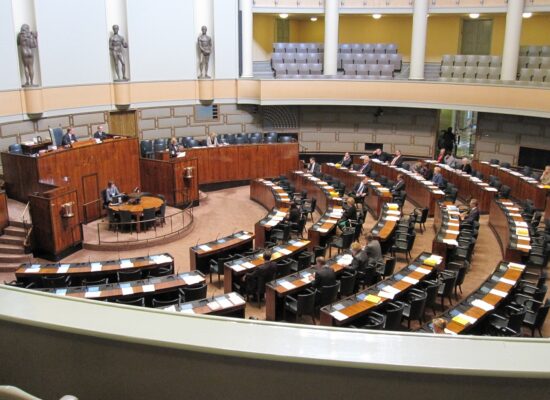Just two weeks before the Supreme Court is scheduled to hear arguments on TikTok’s future, President-elect Donald Trump has stepped into the fray, urging the justices to delay a January 19 deadline that could force the app to be sold or face a ban in the U.S.
In a legal filing submitted by John Sauer, Trump’s pick for solicitor general, the incoming administration is asking the court to hit pause on the deadline. The goal? To give Trump time to broker a “negotiated resolution” that could save TikTok while addressing the national security concerns raised by the government.
The filing paints Trump as uniquely qualified to handle the situation, citing his “deal-making expertise,” his electoral mandate, and the political will to navigate the complex issues at play. It’s a bold move, positioning Trump as the potential savior of an app used by over 170 million Americans.
The filing doesn’t take a stance on whether the law requiring TikTok’s sale violates the First Amendment, but it makes one thing clear: Trump opposes banning TikTok—at least for now. Instead, Sauer’s argument focuses on buying time for the new administration to work out a solution that could prevent a nationwide shutdown of the app. This, the filing argues, would protect the First Amendment rights of millions of users while still addressing the government’s security worries.
TikTok, for its part, has been fighting back. The app, owned by China-based ByteDance, has sued over the law that demands it be sold by January 19 or face a U.S. ban. Earlier this month, a federal appeals court rejected TikTok’s request to pause the deadline, setting the stage for the Supreme Court showdown on January 10.
The law in question, the Protecting Americans from Foreign Adversary Controlled Applications Act, was signed by President Joe Biden in April as part of a massive $95 billion foreign aid package. Biden and some congressional leaders have argued that the ultimatum is necessary due to concerns about ByteDance’s ties to the Chinese government.
Interestingly, Trump’s stance on TikTok has shifted over time. During his first term, he tried to ban the app, but now he’s vowing to “save” it. In the filing, Sauer also raises broader concerns about social media censorship, pointing to recent events like Brazil’s month-long ban on X (formerly Twitter), the Hunter Biden laptop story, and government efforts to combat COVID-19 misinformation.
Sauer warns the justices to tread carefully, arguing that allowing a Western government to ban a platform with over 100 million users could set a dangerous precedent. “The power to ban an entire social media platform should be exercised with extreme care—not reviewed on a ‘highly expedited basis,’” he writes.
While acknowledging that TikTok’s ownership by ByteDance may pose national security risks, Sauer also urges skepticism toward national security officials. He points to what he calls a “jarring parallel” between the deference shown to these officials and their documented involvement in social media censorship efforts targeting millions of Americans.
As the Supreme Court prepares to weigh in, the fate of TikTok hangs in the balance—and so does the broader debate over free speech, national security, and the power of governments to regulate the digital world.







